Introduction
Running out of dishwasher detergent can be frustrating, especially when you have a sink full of dirty dishes waiting to be cleaned. However, there are several alternatives that you can use as substitutes for dishwasher detergent without compromising the cleanliness of your dishes. In this comprehensive guide, we will explore various substitutes for dishwasher detergent, including common household items and DIY recipes. From vinegar and baking soda to borax and castile soap, we will provide specific details on their effectiveness and usage to help you maintain sparkling clean dishes even when you’re out of dishwasher detergent.
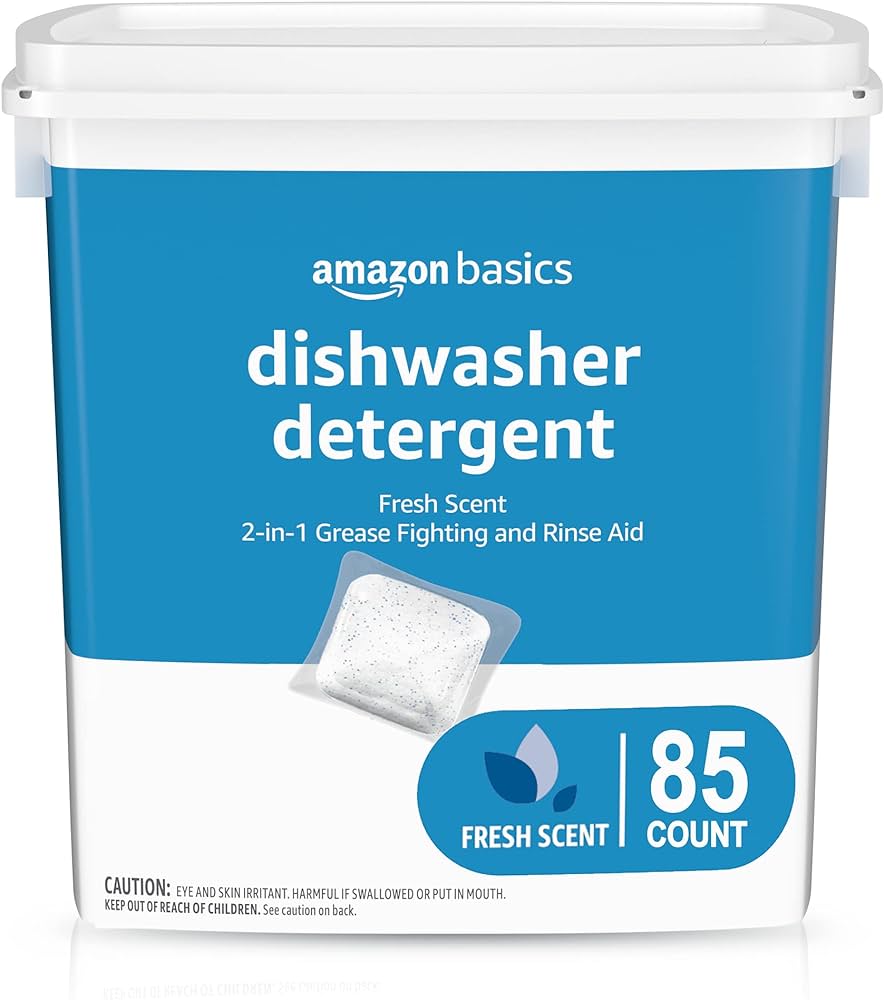
Substitutes for Dishwasher Detergent: Effective Alternatives for Clean Dishes
I. Vinegar: The Versatile Cleaning Agent
-
White Vinegar:
- White vinegar is a multipurpose household item that can effectively substitute for dishwasher detergent. Its acidity helps remove grease, stains, and odors from dishes. To use white vinegar as a dishwasher detergent substitute, simply pour a small amount (around 1/4 to 1/2 cup) into the bottom of your dishwasher before starting the cycle.
-
Apple Cider Vinegar:
- Apple cider vinegar can also be used as a substitute for dishwasher detergent. It has antibacterial properties that help sanitize dishes. Similar to white vinegar, add around 1/4 to 1/2 cup of apple cider vinegar to the bottom of your dishwasher to effectively clean your dishes.
II. Baking Soda: A Natural Cleaning Agent
-
Baking Soda Alone:
- Baking soda is a versatile ingredient that can be used to clean various surfaces, including dishes. As a dishwasher detergent substitute, add 2-3 tablespoons of baking soda to the main detergent compartment in your dishwasher. It helps remove stains, deodorizes, and leaves your dishes clean and fresh.
-
Baking Soda and Vinegar Combination:
- For an extra boost in cleaning power, combine baking soda with vinegar. Sprinkle baking soda on the bottom of your dishwasher, then pour 1/4 to 1/2 cup of vinegar over it. The reaction between the two ingredients creates a fizzy cleaning solution that helps loosen food particles and grease from your dishes.
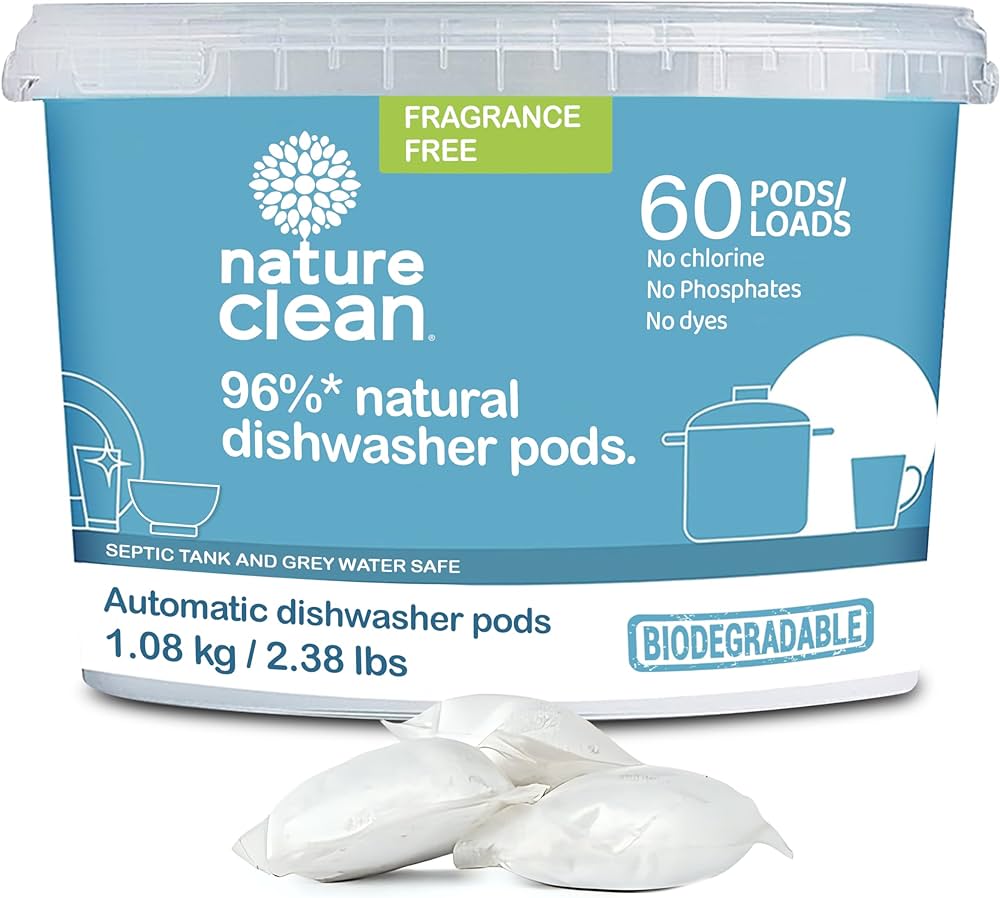
III. Borax: A Powerful Cleaning Agent
-
Borax and Baking Soda Mixture:
- Borax is an effective cleaning agent with stain-fighting and disinfecting properties. Create a powerful dishwasher detergent substitute by mixing equal parts borax and baking soda. Use around 2-3 tablespoons of the mixture for each wash cycle to achieve clean and spotless dishes.
IV. Castile Soap: Gentle and Natural
-
Liquid Castile Soap:
- Liquid castile soap is a natural, plant-based soap that can be used as a substitute for dishwasher detergent. Add a few drops (around 1-2 teaspoons) of liquid castile soap to the dishwasher’s detergent compartment along with a small amount of vinegar. The vinegar helps with rinsing and eliminates any soap residue.
V. Salt: Enhancing Dishwashing Performance
-
Salt as a Rinse Aid:
- While not a direct substitute for dishwasher detergent, adding salt to your dishwasher can enhance the cleaning performance and prevent streaks or spots on your dishes. Pour a small amount of table salt (about a teaspoon) into your dishwasher’s rinse aid compartment to achieve better results.
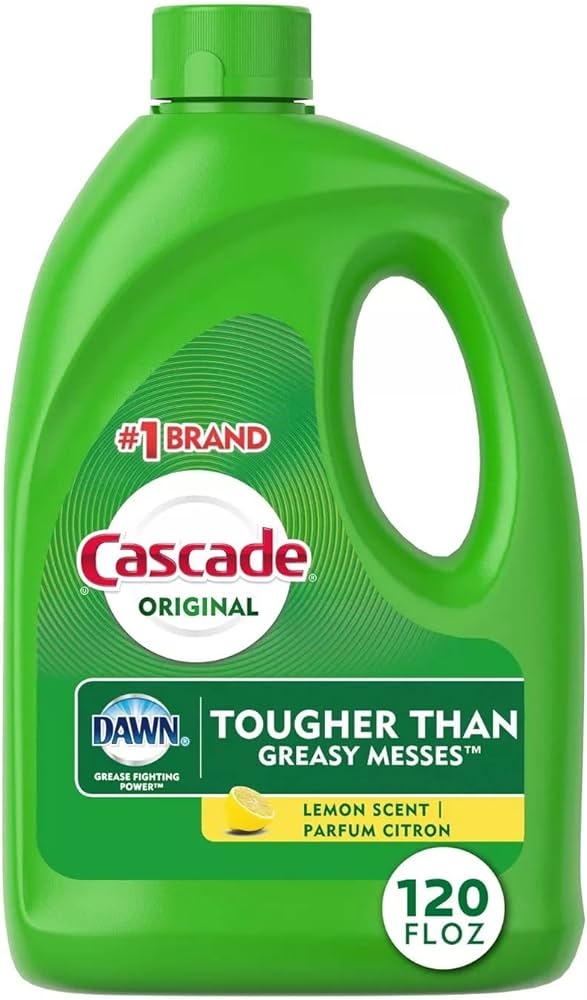
VI. Commercial Dish Soap: In a Pinch
-
Limited Use as a Substitute:
- In rare instances, when other options are unavailable, you can use a small amount of regular dish soap as a substitute for dishwasher detergent. However, exercise caution, as regular dish soap produces a lot of suds and can lead to excessive foaming in your dishwasher. Use only a few drops and avoid using scented or antibacterial dish soaps.
VII. Best Practices and Tips
-
Scrape Food Debris:
- Before using any dishwasher detergent substitute, make sure to scrape off excess food debris from your dishes. This helps prevent clogs in your dishwasher’s filters and ensures better cleaning results.
-
Avoid Overloading:
- Avoid overloading your dishwasher when using a substitute for dishwasher detergent. Proper spacing between dishes promotes better water circulation and allows the cleaning agent to reach all surfaces effectively.
-
Experiment with Quantities:
- Different dishwasher models and water conditions may require adjustments in the quantity of the substitute used. Start with small amounts and gradually increase if necessary. Experimentation will help you find the optimal quantity for your specific dishwasher.
VIII. Precautions and Limitations
-
Check Manufacturer Guidelines:
- Before using any substitute for dishwasher detergent, consult your dishwasher’s manufacturer guidelines. Some manufacturers may restrict the use of alternative cleaning agents to maintain warranty coverage.
-
Be Mindful of Water Hardness:
- Hard water can affect the performance of dishwasher detergent substitutes. If you live in an area with hard water, you may need to adjust the quantities or combinations of substitutes to compensate for its effects.
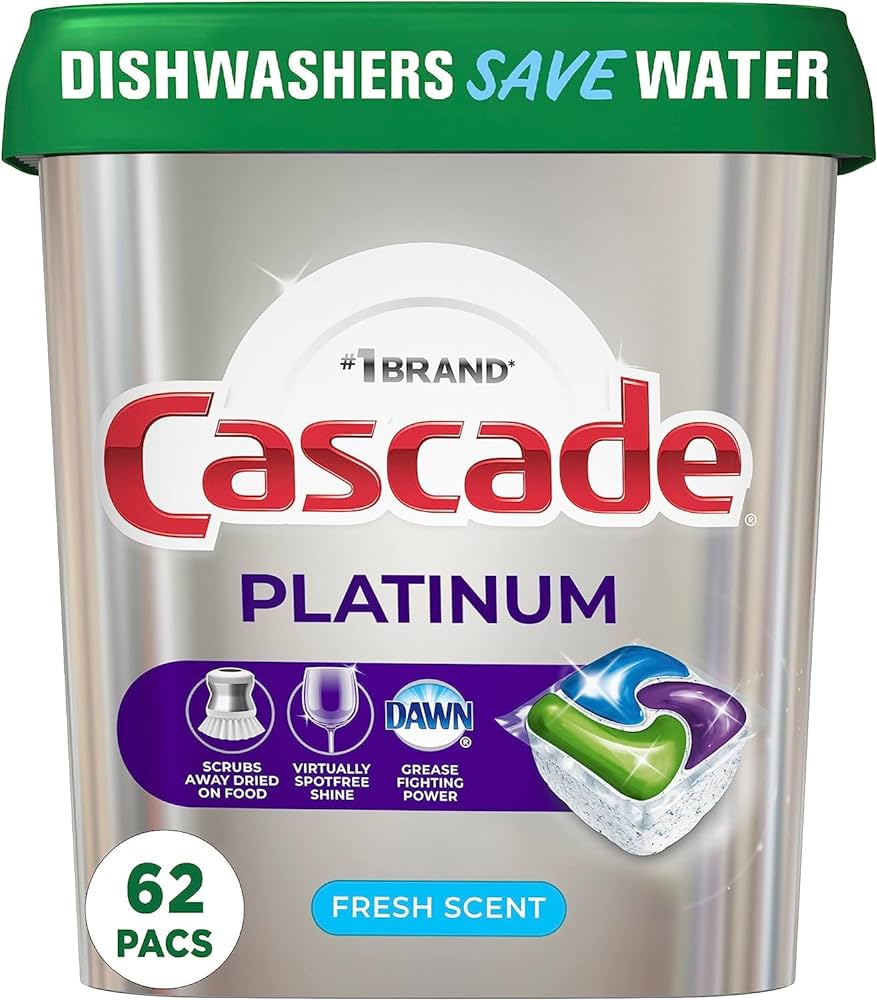
DIY Dishwasher Detergent Recipes
-
Homemade Powdered Dishwasher Detergent:
- Create your own powdered dishwasher detergent by combining equal parts of borax and washing soda. Add a few drops of your preferred essential oil for a fresh scent. Use around 1-2 tablespoons of the mixture per wash cycle.
-
Citric Acid Dishwasher Detergent:
- Citric acid is a natural ingredient that helps remove stains, hard water spots, and soap residue. Combine 1 cup of citric acid with 1 cup of washing soda and 1/2 cup of salt. Store the homemade citric acid dishwasher detergent in an airtight container and use 1-2 tablespoons per wash cycle.
-
Lemon Juice Dishwasher Detergent:
- Lemon juice acts as a natural stain remover and degreaser. Mix equal parts of lemon juice and water in a spray bottle. Spritz your dishes before placing them in the dishwasher. The lemon juice helps break down grease and food residues, leaving your dishes clean and fresh.
Environmental Considerations
-
Eco-Friendly Options:
- Many of the dishwasher detergent substitutes mentioned above are eco-friendly alternatives. Using vinegar, baking soda, borax, or homemade solutions reduces your reliance on commercial chemical-based detergents, promoting a more sustainable approach to dishwashing.
-
Reduce Water and Energy Consumption:
- Regardless of the dishwasher detergent substitute you use, adopting energy-efficient habits can make a positive impact on the environment. Run your dishwasher with full loads, select energy-saving cycles, and consider air-drying your dishes instead of using the dishwasher’s heat-dry option.
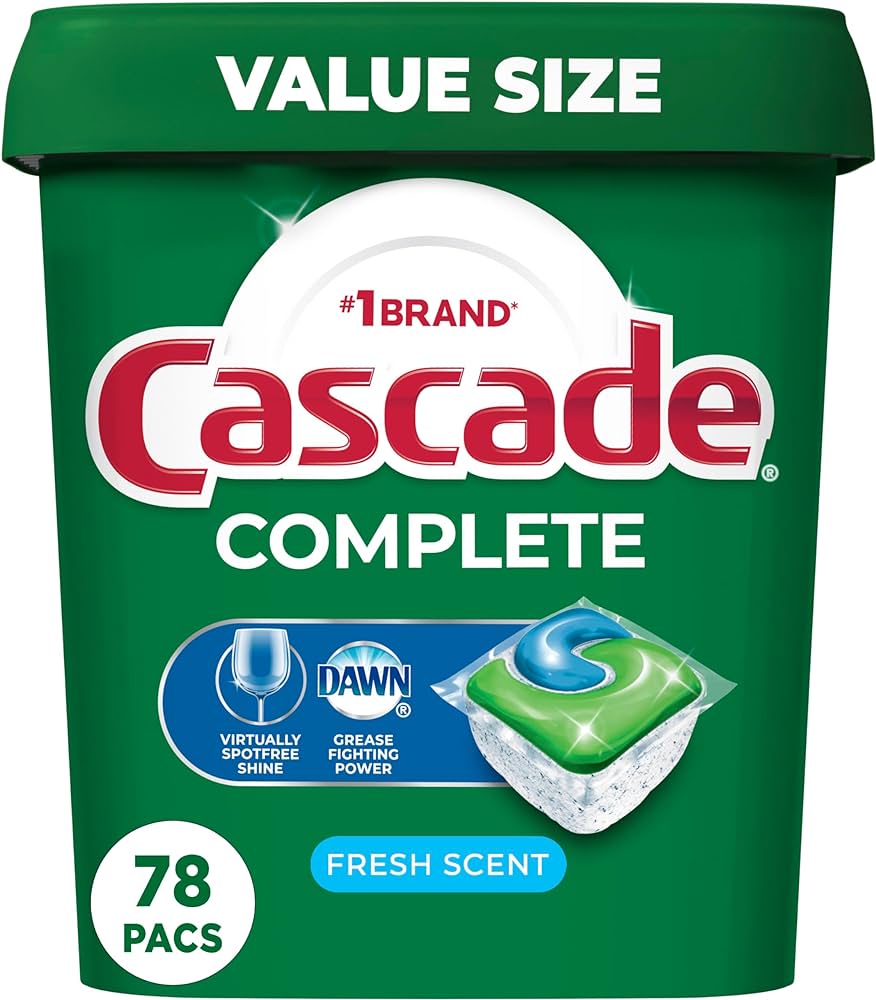
IX. Conclusion: Alternative Options for Clean Dishes
Running out of dishwasher detergent doesn’t mean you can’t achieve clean and sparkling dishes. By using substitutes such as vinegar, baking soda, borax, castile soap, or even salt, you can maintain cleanliness and sanitation in your kitchen. Experiment with different combinations and quantities to find the substitute that works best for your specific dishwasher and water conditions.
Remember to consult your dishwasher’s manufacturer guidelines and exercise caution when using substitutes, such as avoiding excessive foam or suds. With these alternative options, you can confidently tackle your dishwashing needs even in moments when dishwasher detergent is not readily available.

